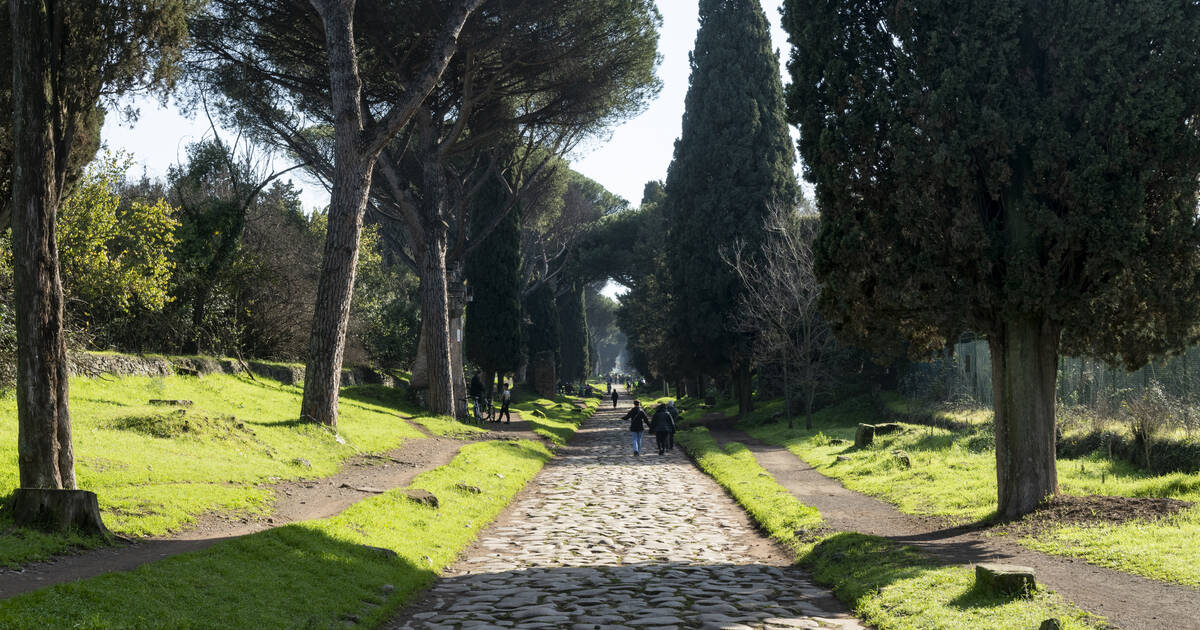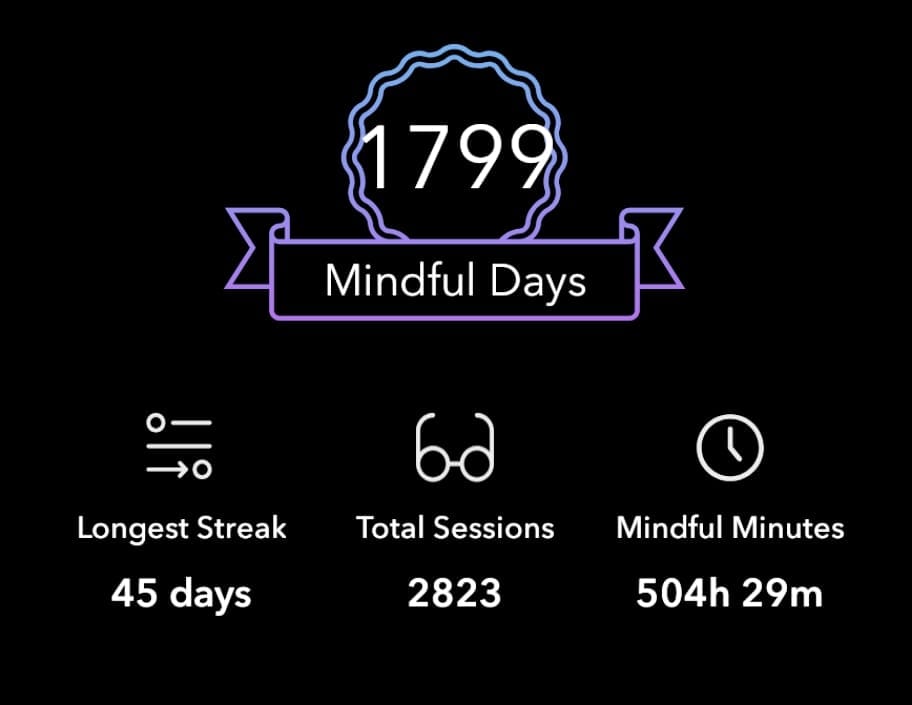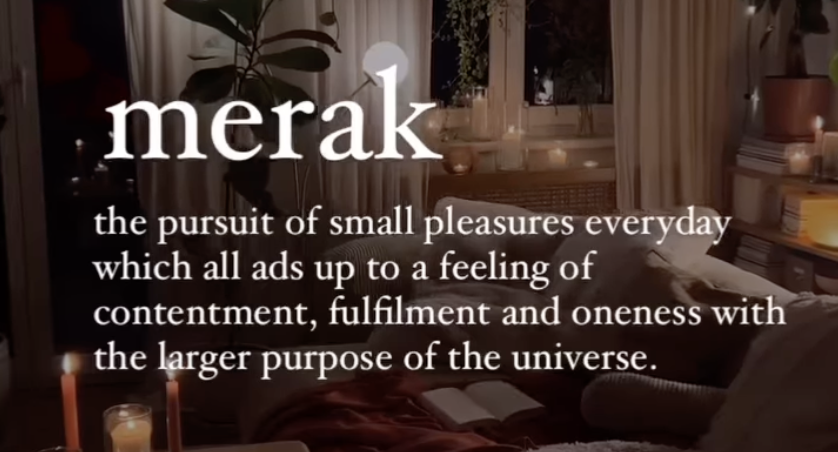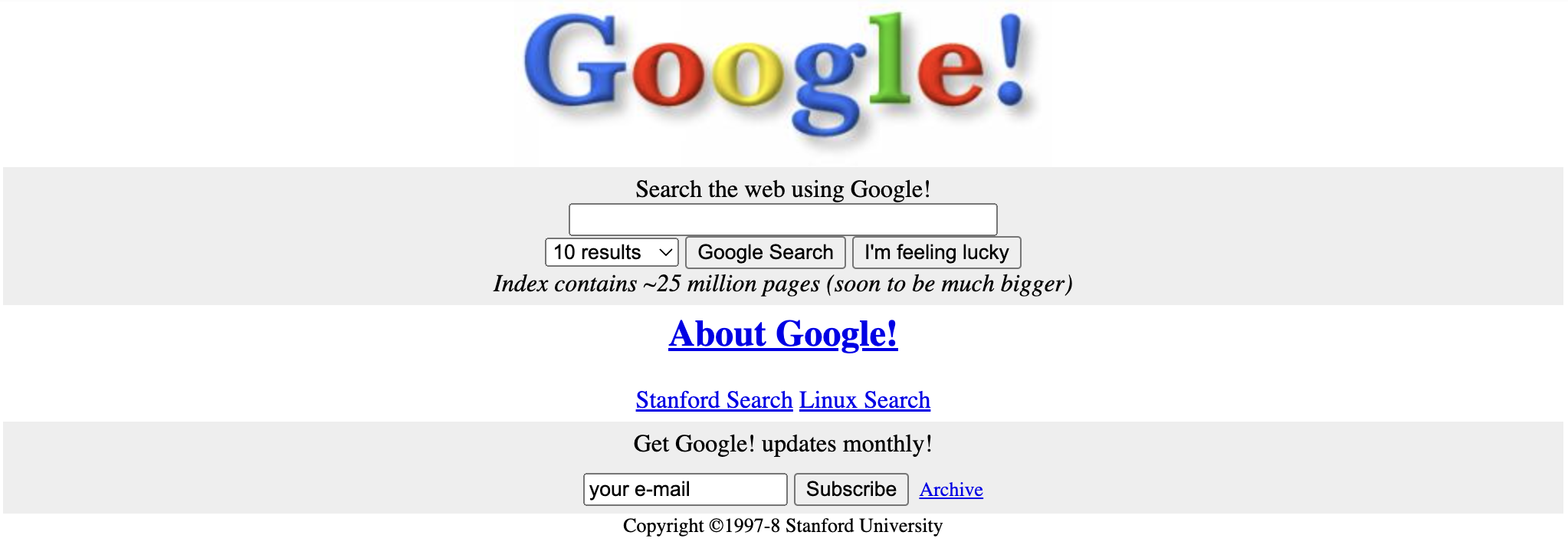Coffee With Tanya - Vol.19
Talking about: UNESCO's new gem, largest protein, ELMO productivity, mindfulness top apps, AI prompts, September in history.

Talking about: UNESCO's new Italian gem, largest protein, ELMO, mindfulness apps, AI prompts, September in history.
Here is what's on the menu for today:
- Tech - UNESCO new Italian gem 🇮🇹
- Science - The biggest protein discovered 🔬
- Productivity - ELMO technique for productive meetings 👀
- Mindfulness - Top apps to explore 🧘♀️
- AI - Why you should use examples in prompts🧑💻
- Word bites - Merak 🔡
They always say how time changes things, but you actually have to change them yourself // Andy Warhol - an American visual artist, film director and producer. A leading figure in the pop art movement.
Travel - Via Appia Joins UNESCO World Heritage List
Fellow wanderers and history lovers, our bucket list just got a thrilling new addition! The Via Appia, Rome's ancient "Queen of Roads", has been crowned with UNESCO World Heritage status, and it's calling out to all of us who love exploring unique and extraordinary places.
Stretching over 800 kilometers from Rome to southern Italy, this 2,000-year-old marvel isn't just a road - it's a time machine. Built in 312 BCE 🤯, the Via Appia was the superhighway of its era, paving the way for Rome's expansion and carrying countless traders, travelers, and even armies. UNESCO highlights the road's incredible engineering feats, showcasing Roman ingenuity at its finest.
As someone who loves exploring unique destinations, I can't wait to visit this unique road. It's like an open invitation to step back in time ("Back to the future" anyone?). Who will walk in the footsteps of history and create their unforgettable journey - write me back.

Science - PKZILLA: The Protein Powerhouse
Science enthusiasts 👋 This one is for you. Scientists have just discovered the Godzilla of proteins, and they've aptly named it PKZILLA-1 🦖 This colossal protein was found lurking in the cells of a sneaky little algae called Prymnesium parvum (for more scientific terms, check this one). So, how big is PKZILLA-1? Well, it's 25% larger than the previous record holder called titin (found in our muscles). That's like the Hulk of the protein world.
Why should we care?
- Keeping water safe: Learning about PKZILLA can help scientists find out when harmful algae are making fish sick, keeping our lakes and rivers safe.
- Helping people feel better: The chemicals made by these tiny algae could inspire new medicines to help people feel better.
- Nature is awesome: This discovery shows us that even small things in nature can do big, amazing things!
Science, you never cease to amaze me!
Productivity - ELMO: "Enough Let's Move On"
Did you know that the beloved small, red, furry monster from the popular children's television show Sesame Street, Elmo, has unique powers to run more productive and effective meetings?! 😲 Well, yes, Elmo, which also stands for "Enough, Let's Move On," is a method that can shorten meeting times and boost productivity and employee satisfaction (link to the full article and a video is in the first comment).
Key benefits of using ELMO:
- Time management: prevents conversations from going down rabbit holes, ensuring meetings stay on track and end on time.⚖
- Equal participation: lets all attendees to redirect the conversation, promoting a culture of shared responsibility.
- Improved focus: keeps discussions aligned with the meeting's objectives, enhancing overall productivity.
In addition, if you want to explore other effective meeting techniques, check out "Death by Meeting" by Patrick Lencioni or "Read This Before Our Next Meeting" by Al Pittampalli.
Mindfulness - Top Mindfulness Apps for Creatives
Yeah, there are a ton of mindfulness apps out there, but don't let that stress you out (kinda defeats the purpose, right?). My advice? Check 'em out and see what clicks for you. Take Headspace, Waking Up, or Insight Timer for a spin – they've all got their own vibe.
Me? I've been using Calm for 1799 mindful days now. But here's the cool part: even within Calm, I'm always mixing it up. Sometimes I'm all about those sleep stories, other days I'm diving into a guided meditation. It's like a mindfulness buffet, and I'm here for it.
So whether you're a meditation newbie or a zen master, there's probably an app out there that'll fit your style. Just remember, the goal isn't to become some ultra-chill robot, it's about finding little pockets of calm in your day (5-10 minutes), boosting your creativity, and maybe even sleeping a bit better. So go ahead, download a few, and see what works for your brain. Who knows? You might just find your new favorite digital zen den.

AI - Why You Should Include Examples in Your Prompts
I recently found an interesting article in the Neuron newsletter (worth following if you're into AI news and discoveries) about why including examples in your prompts is effective when working with AI models like GPT-4. Researchers from Amazon and UCLA found that large language models (LLMs) excel at learning patterns with just a few examples but struggle with applying rules, especially in unfamiliar scenarios.
Here’s the gist:
- Inductive vs. deductive reasoning: LLMs are great at inductive reasoning, where they figure out patterns from examples. But when it comes to deductive reasoning - applying specific rules - they often fall short, particularly on tasks that require thinking outside the box (which happens quite a lot).
- The study: The researchers introduced a method called SolverLearner, which isolates the model's ability to learn patterns by separating the learning step from the application step.
- Key insights:
- LLMs perform well when given examples to learn from but struggle with applying rules in new or counterfactual scenarios.
- Always include examples in your prompts to help the AI understand and solve problems more effectively.
- When possible, break down complex tasks into smaller, pattern-focused problems instead of relying on the AI to follow complex rules.
This research is a great reminder that while AI can be powerful, it still has reasoning and rule application limitations, especially in novel situations.
Do you use AI tools? Where do you apply them? Reply with your own examples.
Word Bites! 📚🌟
Today we have a fascinating new word... Merak ❤️
Merak is an Arabic term that roughly translates to "love of little things" or "adoration". In a nutshell, Merak is a kind of pleasure we get from little things. Imagine coming home after a long day at work, opening a can of beer (or whatever you like to drink), and simply chilling with your favorite music. Well, what you’re feeling at the moment is Merak. In everyday life, embracing Merak can mean taking time to appreciate the beauty in a sunset, the taste of a favorite coffee, or the comfort of a good book. It's a mindset that encourages gratitude and mindfulness.

September in History
- September 2, 1945 - End of World War II in Asia 🕊️ When Japan signed the formal surrender document aboard the USS Missouri in Tokyo Bay. This date marked the conclusion of the deadliest conflict in human history and ushered in a new era of global politics.
- September 5 - International Day of Charity 🤲 Established by the UN, the International Day of Charity on September 5 encourages people worldwide to engage in charitable activities. This date was chosen to commemorate the passing of Mother Teresa, who devoted her life to helping others.
- September 11, 1961 - Foundation of the World Wildlife Fund (WWF) in Morges, Switzerland 🐼 This international NGO works in the field of wilderness preservation and the reduction of human impact on the environment. The WWF's iconic panda logo has become a globally recognized symbol for conservation efforts. Since its inception, the organization has been at the forefront of protecting endangered species, preserving biodiversity, and promoting sustainable use of renewable natural resources.
- September 15, 1997 - Google.com domain registered 🖥️ 27 years ago, Larry Page and Sergey Brin registered the domain name Google.com. This marked the beginning of what would become one of the world's largest and most influential technology companies, revolutionizing how we access information online.

- September 27, 1905 - Einstein's E=mc² equation 🧠 Albert Einstein published his paper "Does the Inertia of a Body Depend Upon Its Energy Content?" introducing the equation E=mc². This groundbreaking work laid the foundation for modern physics and our understanding of the relationship between energy and matter.
That's all for today... Stay tuned for the next coffee with me. Meanwhile, you can check my LinkedIn for updates about Product Management, productivity, and more, and check out my Linktree for additional content (Spotify, Sketches, etc.).

You're part of a curious crew of 90 who, like you, enjoy diving into interesting discoveries from the web.
If you have any topics you want me to explore further, please send them to me.
Feel free to reply with your thoughts and insights! Ciao!
